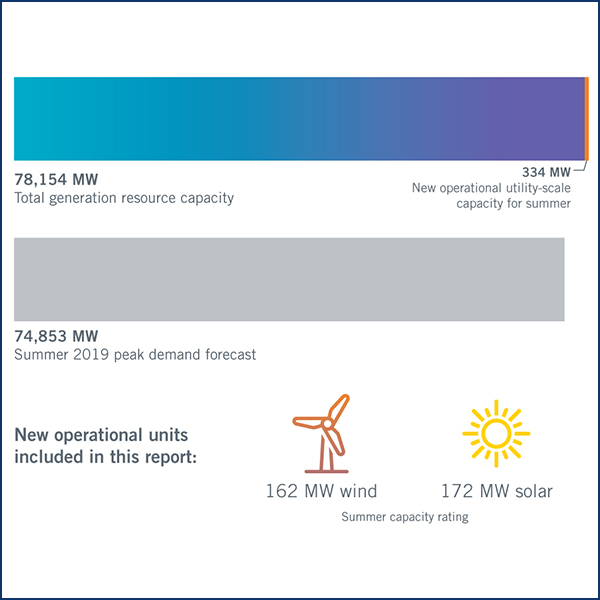By Robert Mullin
FERC on Tuesday authorized NextEra Energy Transmission (NEET) Midwest to recover all “prudently incurred” costs related to the company’s investment in the Hartburg-Sabine Junction 500-kV project in East Texas, MISO’s second-ever competitively bid transmission project (ER19-775).
The commission’s granting of the abandoned plant incentive ensures NextEra will be covered for 100% of its investment if the project is canceled for reasons outside the company’s control.
The Hartburg-Sabine project will consist of a new 23-mile 500-kV transmission line, four short 230-kV lines and a new Stonewood substation that will connect the longer line with the existing Hartburg substation. The project is designed to relieve congestion issues and import limitations along the Texas-Louisiana border.
MISO awarded the project to NextEra last November following a competitive bidding process in which the company’s proposal scored 97 out of a possible 100 points, beating out 11 other competitors. (See NextEra Wins Bid to Build MISO’s 2nd Competitive Project.) NextEra’s proposal capped total project costs at $114.8 million, less than MISO’s $122 million estimate, and demonstrated a 2.2-1 benefit-to-cost ratio.
Under its FERC-approved formula rate, NextEra is already entitled to a 50-basis-point adder for RTO participation and a mechanism for later recovery of pre-commercial and formation costs along with a carrying charge. In its request for the abandoned plant incentive, NextEra noted the Hartburg-Sabine project is still subject to multiple layers of review, including those by the U.S. Fish and Wildlife Service, Federal Aviation Administration and EPA, as well as those by several Texas state and county agencies.
NextEra pointed to other nonregulatory risks confronting the project.
“In this regard, NEET Midwest states the project was included in the 2017 [MISO Transmission Expansion Plan] primarily because of the economic benefits to be derived from the project,” the commission wrote. “However, NEET Midwest points out that under the MISO Tariff, significant changes in those anticipated benefits could result in MISO reconsidering and potentially canceling the project.”
The company said it has no rate base or other revenue stream that could potentially offset any costs sunk into the project.
In approving the incentive, the commission noted it has previously found reliability and congestion-relieving projects selected through a regional transmission planning process are entitled to the rebuttable presumption established under Order 679, which requires an applicant to show “there is a nexus between the incentive sought and the investment being made.”
“We find the total package of incentives, including the previously granted incentives, as modified as part of the selected proposal, is reasonable because it addresses the risks and challenges associated with the development of the project,” the commission said.





